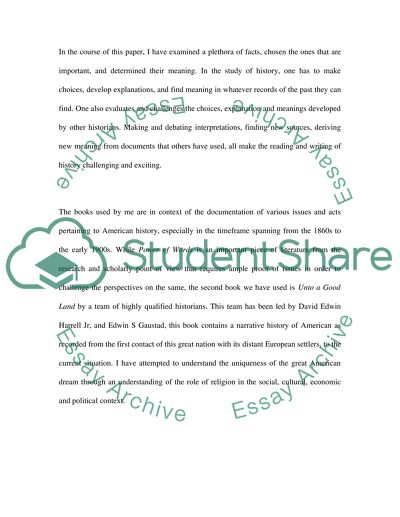Cite this document
(Ideology in Words Essay Example | Topics and Well Written Essays - 1750 words, n.d.)
Ideology in Words Essay Example | Topics and Well Written Essays - 1750 words. Retrieved from https://studentshare.org/history/1538504-the-american-westindustrialization
Ideology in Words Essay Example | Topics and Well Written Essays - 1750 words. Retrieved from https://studentshare.org/history/1538504-the-american-westindustrialization
(Ideology in Words Essay Example | Topics and Well Written Essays - 1750 Words)
Ideology in Words Essay Example | Topics and Well Written Essays - 1750 Words. https://studentshare.org/history/1538504-the-american-westindustrialization.
Ideology in Words Essay Example | Topics and Well Written Essays - 1750 Words. https://studentshare.org/history/1538504-the-american-westindustrialization.
“Ideology in Words Essay Example | Topics and Well Written Essays - 1750 Words”. https://studentshare.org/history/1538504-the-american-westindustrialization.


